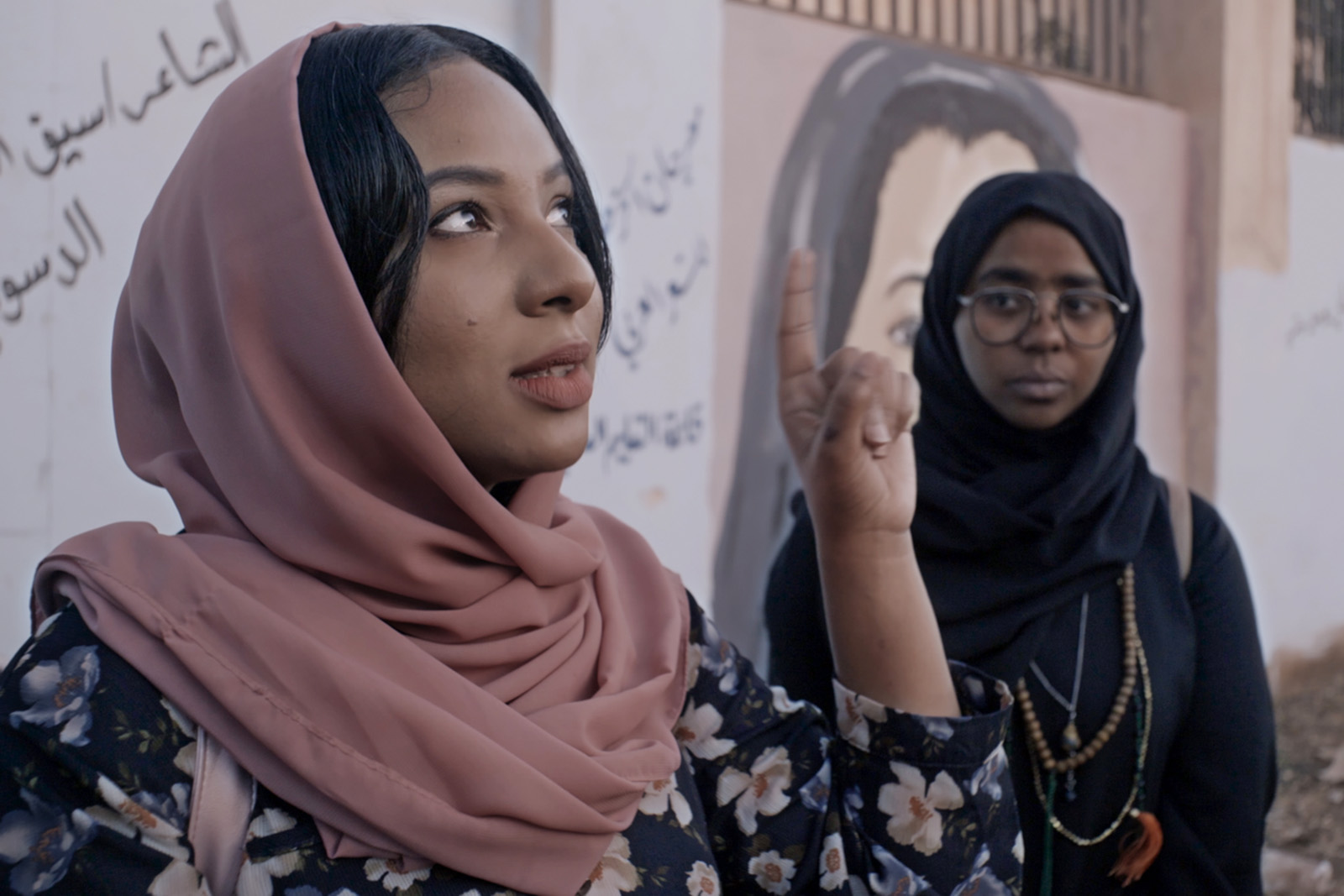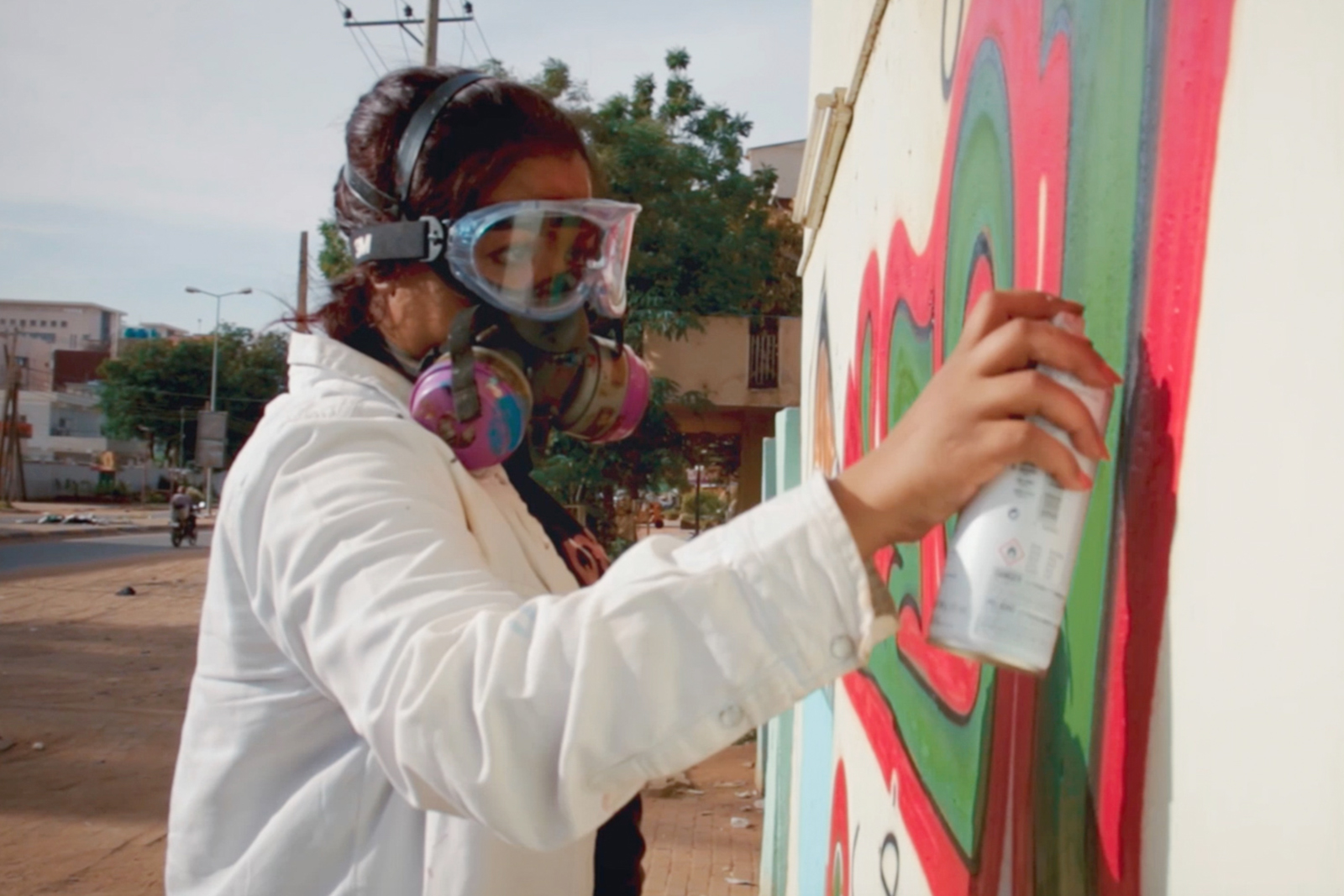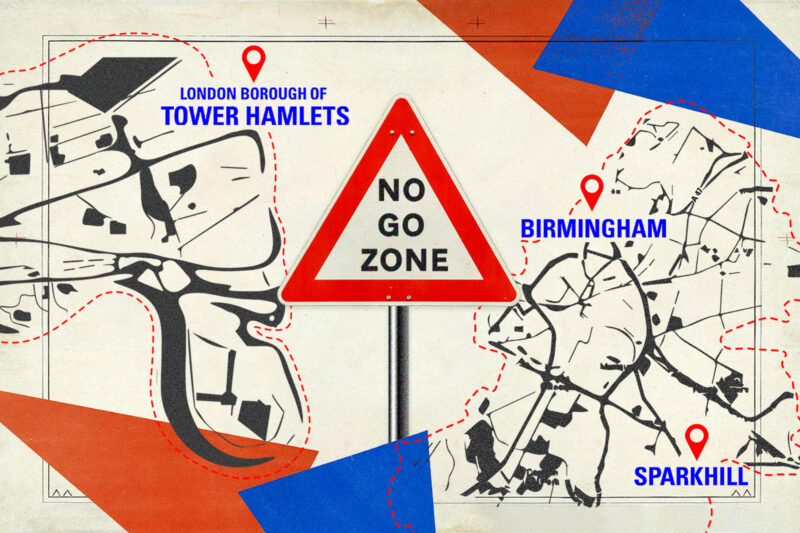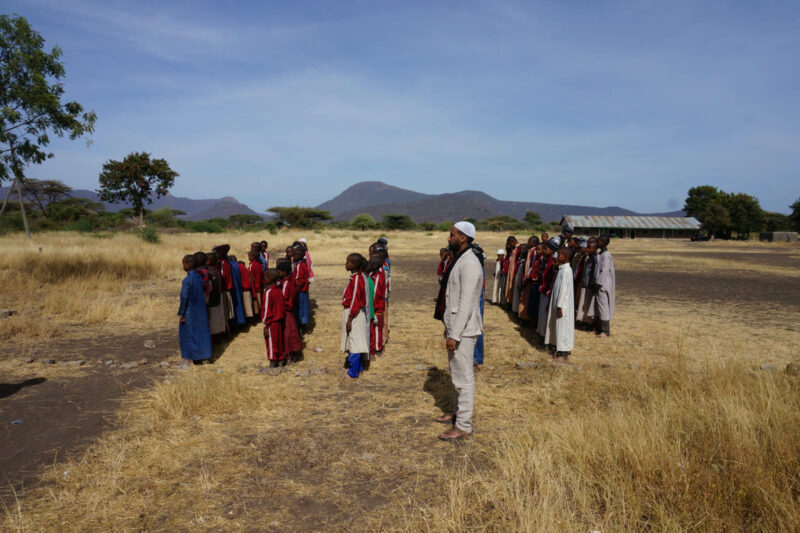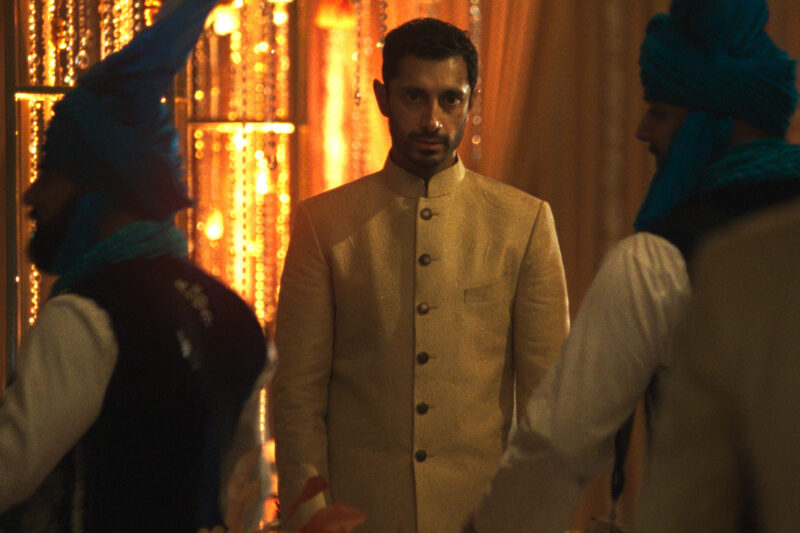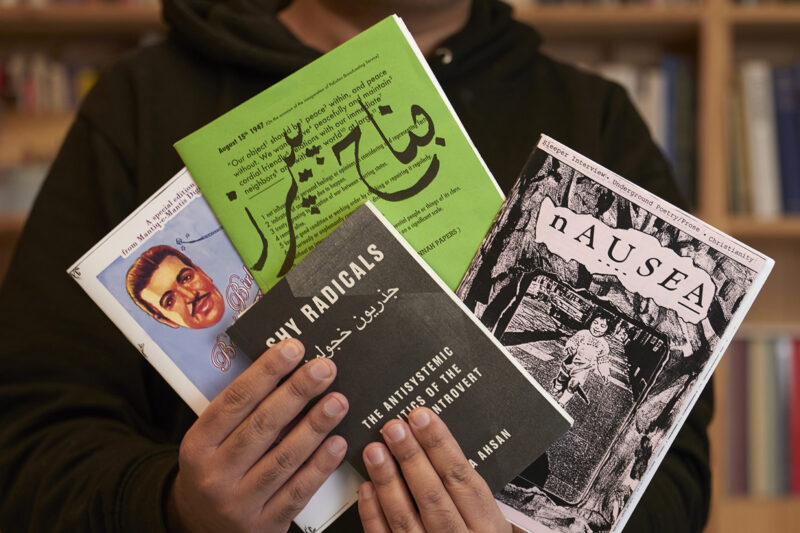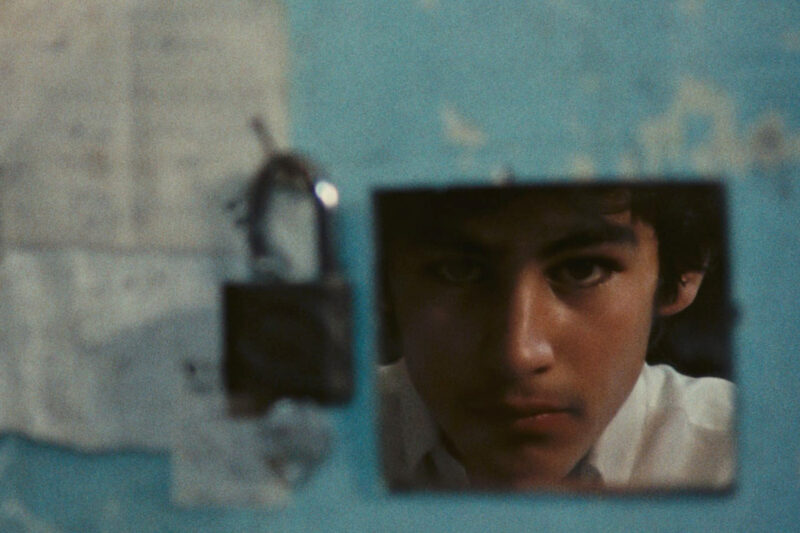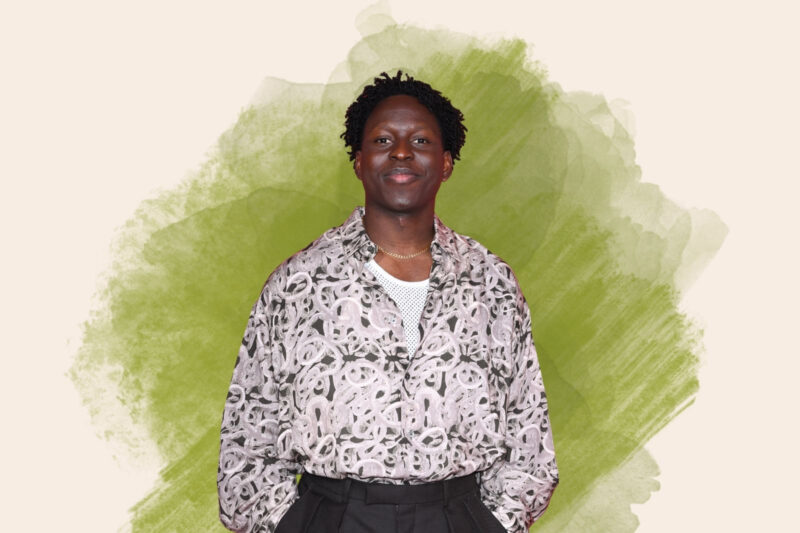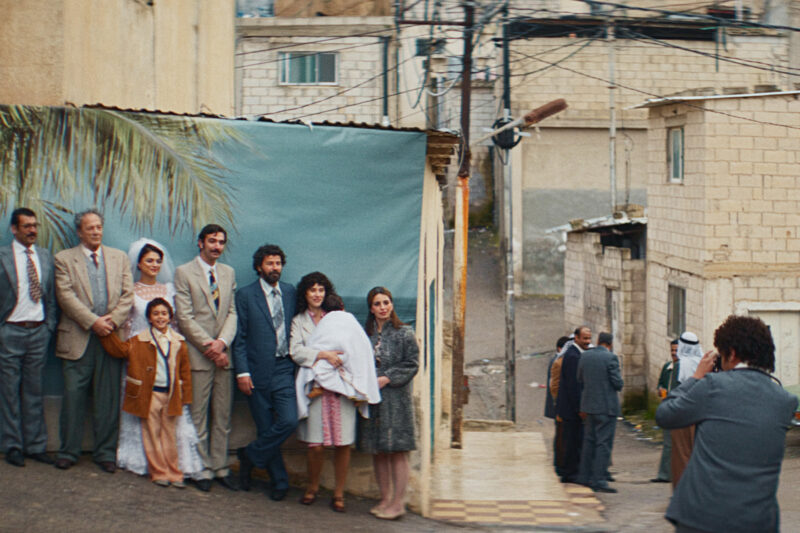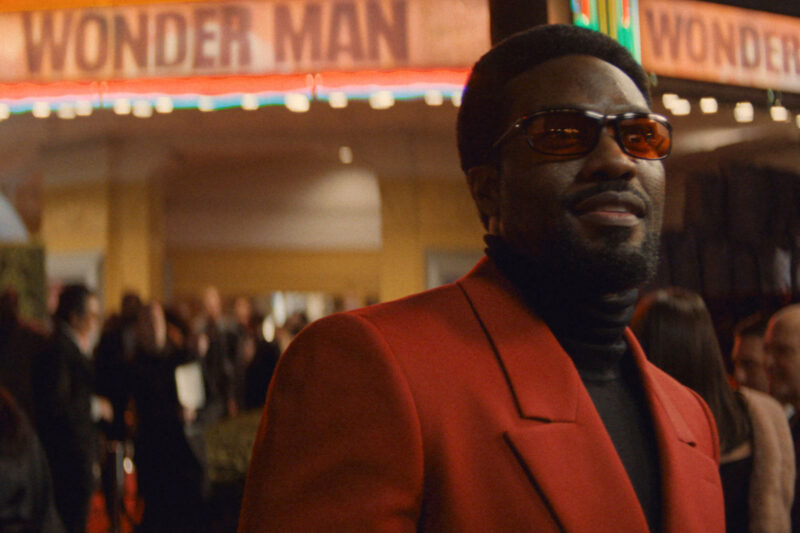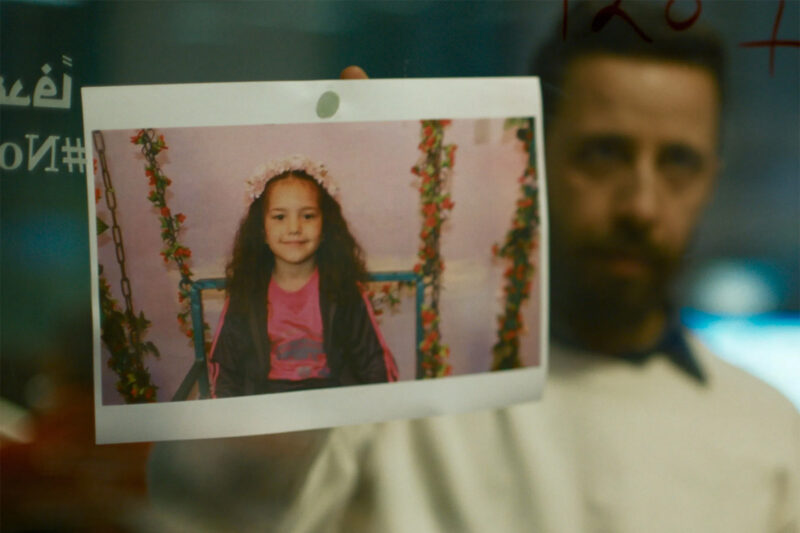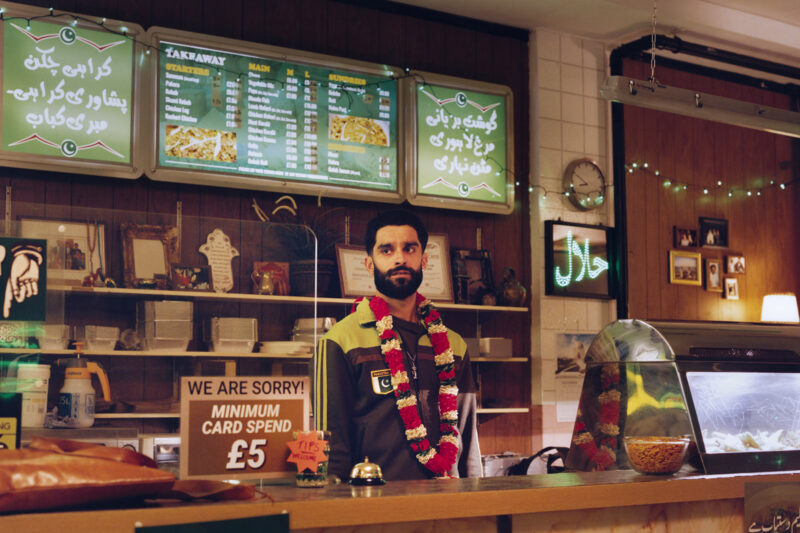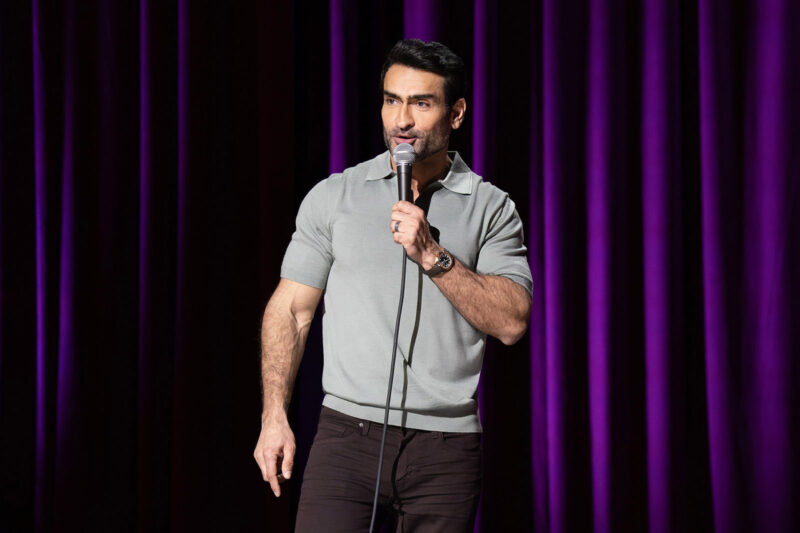Attack on London: Hunting the 7/7 Bombers — a reckoning with the narratives Britain chose not to hear
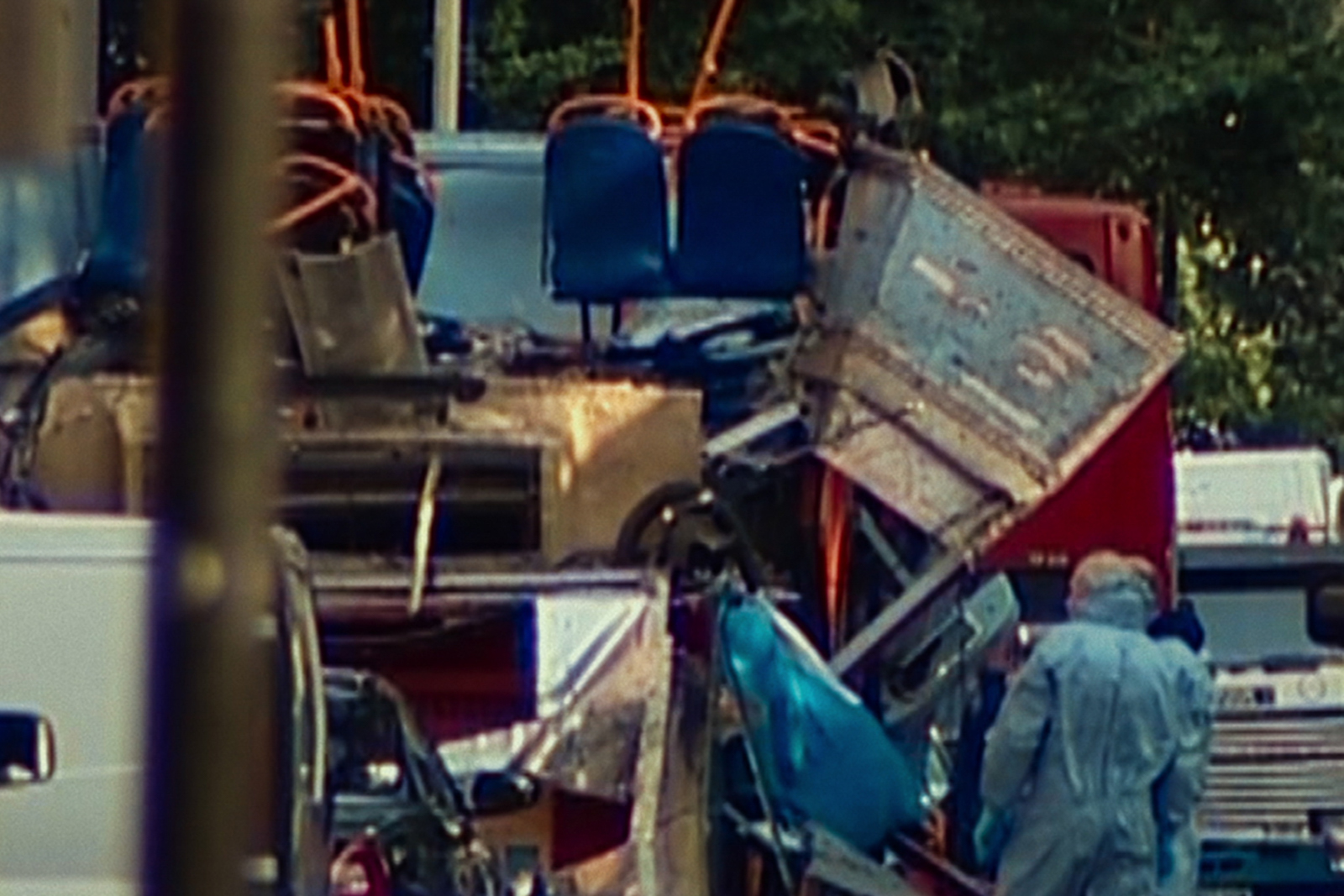
The Netflix documentary traces the social and political aftershocks of the violence that still ripple across society and reshaped the place of Muslims within it
On the morning of 7 July 2005, Londoners boarded packed trains and buses on what was supposed to be an ordinary summer commute. What followed was the deadliest terrorist attack in Britain’s history: four coordinated suicide bombings that killed 52 people and injured more than 770.
A new four-part Netflix documentary, Attack on London: Hunting the 7/7 Bombers, marks the 20th anniversary of the attacks, opening in that terrible moment and unspooling the far-reaching consequences of the violence.
Rather than simply recount the horrors, Attack on London examines their impact on the city and culture at large. Through survivor testimony, previously unseen footage and plain-speaking narration, the documentary goes on to trace the investigation that followed, and the social and political aftershocks that still ripple across British society and reshaped the place of Muslims within it.
There are moments of visceral horror. Survivors dig deep into their lingering trauma, with Daniel Biddle recounting locking eyes with one of the bombers seconds before they unleashed oblivion. Others describe the eerie quiet of the trains, the harsh inhalation of thick smoke and the terrified paralysis that followed. This is not stylised trauma, over-rehearsed and peppered with buzzwords; it is lived raw experience respectfully laid bare.
What also makes Attack on London so distinct, and essential, is its contemporary willingness to sit with uncomfortable truths. It doesn’t lionise the police or offer simple moral binaries. Instead, it highlights the systemic failings that allowed the attacks to happen — and the moral failures that followed them.
Much like the excellent Disney+ dramatisation of the events in Suspect: The Shooting of Jean Charles de Menezes, the documentary also examines the tragedy of 22 July 2005, when plain clothes police officers shot dead a Brazilian electrician wrongly identified as one of the suspected bombers — who he in no way resembled. One officer who speaks in the documentary anonymously attempts to rationalise the killing, yet the series doesn’t let the event pass as collateral damage as the Met police did. It treats the killing as a vile consequence of police practices that too often conflate guilt with race.
This is where Attack on London’s frank recognition overlaps with my own memories of that summer. I shared in my fellow Londoners’ terror, seeing every backpack on the tube as a bone-chilling reminder of the recent horrors. But I also recall walking down the street and being stopped by the police for everything from carrying a weekend bag to a friend’s house to eating a sandwich. The entire Muslim community was made to be scapegoats in the wake of the bombings. Met police head Sir Ian Blair declared at the time that Islamic terrorism “is a far graver threat in terms of civilians than either the cold war or the second world war”.
Survivors like Mustafa Kurtuldu recall not only the trauma of surviving a terror attack but the suspicion he faced immediately afterwards. “I was suddenly ‘the Muslim’ on the bus,” he tells the film-makers. His grief, like so many others, was racialised, politicised and used against him.
The documentary offers a subtle but significant challenge to the state’s narrative. Though it includes voices from MI5, counter-terrorism police and even Tony Blair, their inclusion doesn’t centre power — it interrogates it. Blair, asked whether the Iraq war made Britain more vulnerable, offers an answer that’s disappointingly evasive. But the documentary brings power to that moment as it is left to hang, intentionally unresolved and casting him as the wrong leader for this difficult era.
Attack on London is not interested in easy answers or dividing the people involved into villains and heroes. The documentary pulls back the lens to examine how the bombers themselves were in part a product of disenfranchisement and foreign policy decisions, converged with online extremism and failed community engagement.
Still, structural racism and Prevent — the UK government’s counter-extremism programme which has been accused of disproportionately targeting Muslims — are present in the background but never fully explored. The documentary stops short of naming how state surveillance has reshaped Muslim life in Britain over the past two decades. But its restraint doesn’t feel like evasion. Rather, it opens space for viewers, particularly from Muslim backgrounds, to see their stories in the ambiguity.
Where the documentary shines brightest is in its emphasis on memory and whose memories truly deserve to be at the centre of this narrative. The voices that stay with you are not those of politicians or police, but of survivors and first responders. People who carried broken bodies, people who couldn’t find their loved ones in the confusion, people who are still recovering 20 years later.
It honours them not as political tools, but as individuals. In doing so, the documentary manages to convey both the magnitude of the attacks and the intimate realities of its aftermath. The effect is sobering. Not because the facts are new, but because with two decades of hindsight, the framing is finally honest. We see how trauma metastasises through policy, media, and through the quiet decisions that mark one group of people as citizens and another as suspects.
Attack on London: Hunting the 7/7 Bombers is available to stream on Netflix.
 Newsletter
Newsletter


